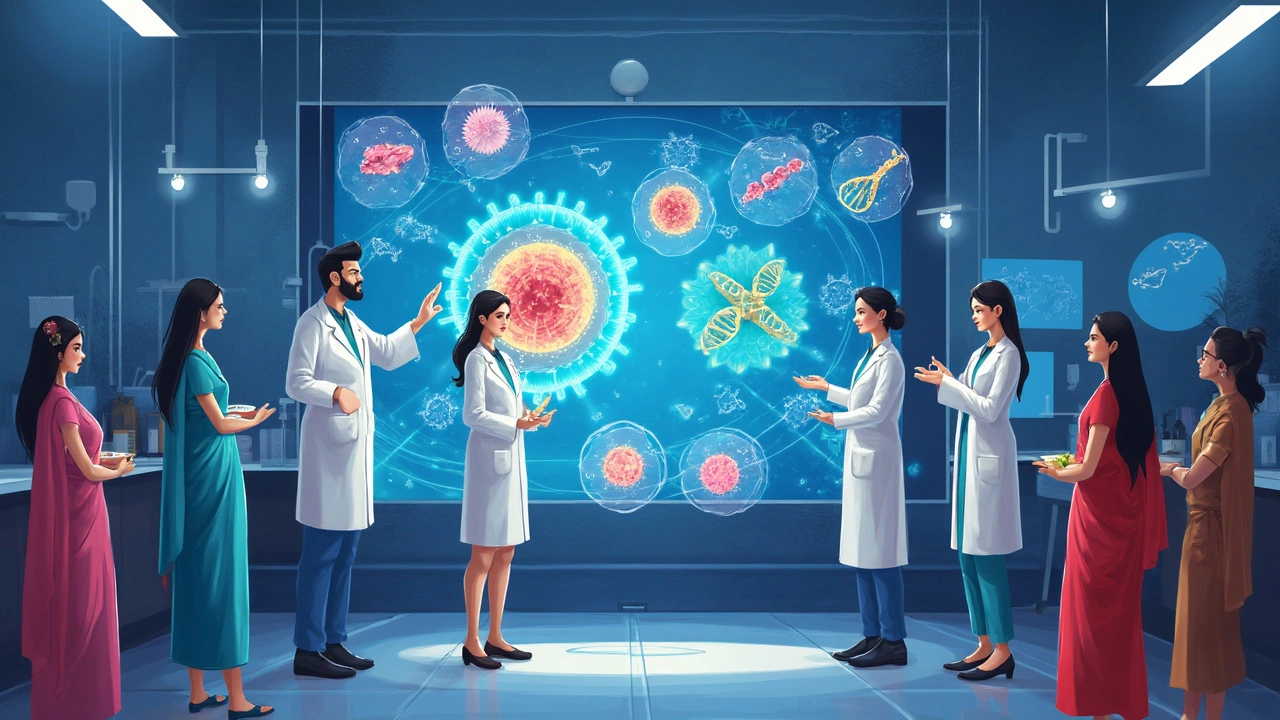cancer growth: What It Means and Why It Matters
When talking about cancer growth, the process by which abnormal cells multiply and form tumors. Also known as tumor progression, it shapes every decision in oncology, from drug selection to surgery timing.
One closely linked concept is cancer treatment, the medical strategies—like chemotherapy, radiation, immunotherapy, and targeted drugs—used to control or eliminate tumor cells. Effective treatment hinges on understanding how fast a tumor expands, which genetic pathways are active, and where the cancer has spread. Another essential entity is cancer survival, the likelihood of a patient living beyond a specific timeframe after diagnosis. Survival rates improve when clinicians catch rapid growth early and adapt therapy accordingly.
How Tumor Dynamics Influence Pain and Care Decisions
cancer pain, the physical discomfort caused by tumor pressure, nerve invasion, or treatment side effects often signals aggressive growth. Managing this pain isn’t just about comfort; it also provides clues about disease activity. For instance, a sudden increase in back pain could indicate spinal metastasis, prompting urgent imaging and a shift in the treatment plan. Understanding these signals helps doctors balance aggressive therapy with quality‑of‑life considerations.
These entities form a network: cancer growth drives treatment choices; treatment outcomes affect survival odds; and pain levels serve as real‑time feedback on tumor behavior. By viewing them together, patients and providers can make more informed decisions, anticipate challenges, and track progress more accurately.
Below you’ll find a curated set of articles that dive deeper into each of these areas—covering stage‑4 survival stories, pain‑management techniques, emerging therapies, and realistic expectations for life expectancy. Explore the resources to see how the science of tumor growth translates into everyday care decisions.

What Stops Cancer Cells from Growing? Real Barriers and Breakthroughs
What exactly stops cancer cells from multiplying out of control? This article breaks down the main reasons cancer cells fail to keep growing, from immune system attacks to new targeted drugs. You'll learn about everyday things that influence cell growth, plus real strategies doctors use to block and slow tumors. The role of genes, diet, and lifestyle is way bigger than most people think. Expect a no-fuss look at why stopping cancer is tough—and what actually works.
read more



